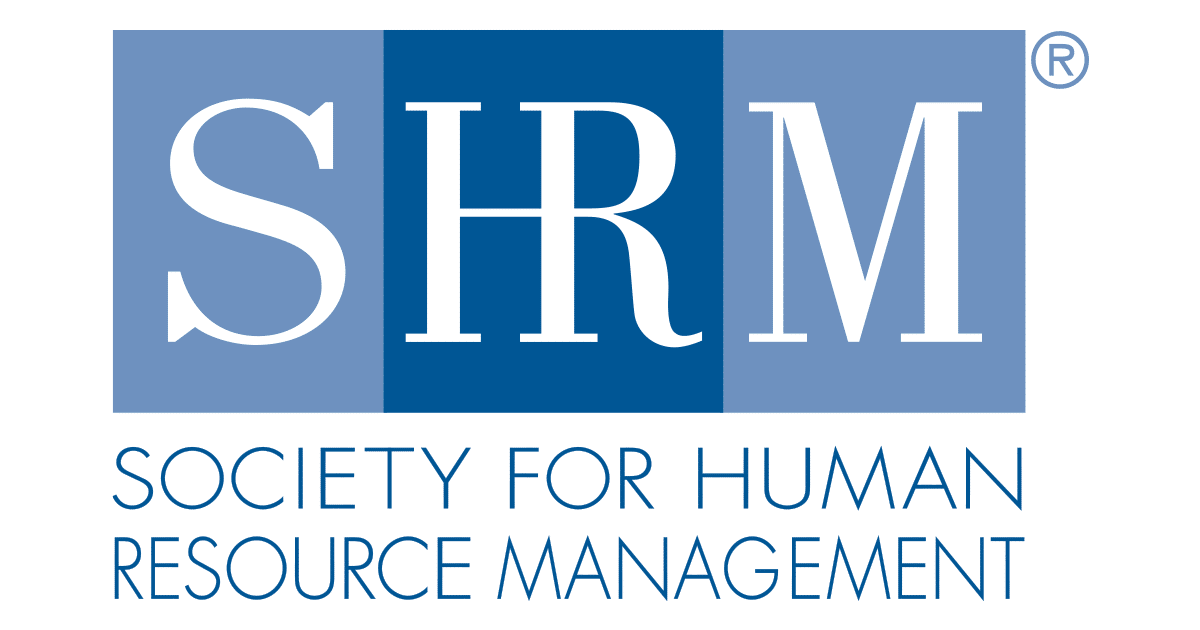Offering and receiving a compliment can pose some difficulties.
It plays a critical role in building and maintaining relationships at work.
A compliment is one of the most powerful ways to let someone know that we value and appreciate them.
Although these are positive interactions it can be surprisingly tricky to navigate for both giver and receiver alike.
We associate compliments with being valued and recognized, however for many there can also be discomfort or embarrassment with the act of both giving and receiving.
Often it brings up anxiety, sometimes on both ends.
Givers often worry of being perceived as a kiss-up, having their compliment misinterpreted, or triggering jealousy in others.
On the receiving end, people feel undeserving, question the giver’s intentions, or worry that they won’t be able to produce the same result in the future.
Try to implement these easy tips to help break the barriers and become more comfortable
How to Accept a Compliment
In order to get better at giving compliments we must first get better at receiving them.
Being caught off guard with a compliment should fill you with pride, but what if it makes you feel anxious and awkward instead?
Our reactions can be complicated, but take a breath and remember compliments often are more about the giver than the receiver.
When someone compliments you they are sharing how what you did impacted them. Regardless of if you agree or disagree, just relate to it and accept it.
The easiest and best way to respond to the kind words from a boss or coworker is to simply say “Thank you,” and if the compliment made a difference, let the person know.
If you find yourself diverting the person’s compliment by passing the credit, making a joke, or awkwardly explaining why you don’t deserve it, recover the situation by saying: “I am working on getting better at accepting a compliment. Thank you.”
Here are a few ways to respond to a compliment:
- “Thank you, it makes my day to hear that.”
- “I put a lot of thought into this, thank you for noticing.”
- “Thank you, I greatly appreciate you taking the time to express that.”
- “Thank you, so happy to hear you feel that way!”
If you are complimented for another person’s work, redirect the compliment to the correct person:
- “It is great to hear you feel that way! Actually, ——- is the one behind this project. It would make her day to hear how you feel.”
- “I would love to take credit, but —– is the one responsible for this. I will share your feedback with them.”
Also, if you receive compliments for something that was a team effort, share the appreciation:
- “Thank you for noticing, it is really great to hear that. Everyone on our team has been working really hard on this over the last few weeks. I will share your feedback.”
Giving a Powerful Compliment
Knowing how to compliment and recognize others is a fundamental leadership skill, but few can do it effectively.
Oftentimes the most memorable and impactful messages are authentic and specific, focusing on the process they went through to produce it.
The most important part of any compliment is that your intention is AUTHENTIC. Don’t try to butter someone up before bad news or requesting a difficult task. Your compliment isn’t genuine if your intentions aren’t.
Don’t compliment someone because you feel you should; compliment them because you feel compelled to let them know how they impact you or others.
Just as when you give instructions, when you compliment someone you want to be SPECIFIC. Describe what was amazing about their work or what made you proud instead of being vague.
When sharing it’s important to give details and examples to help the person comprehend the context of our remarks. Being clear with our compliments helps the person understand exactly what we are expressing and why.
It’s not just about the result, follow the process.
A successful end result is what we aim for, however the process and effort that went into producing the result is even more important.
Result focused compliments can trigger a concern that the receiver won’t be able to produce the same result in the future. When recognizing someone, show them that you appreciate the time, sacrifice, creativity, or care that went into their work.
Remember that a compliment is often more about the giver than the receiver. So when you compliment someone, you’re actually sharing how what they did impacted you.
If you want to give a powerful compliment, describe what you experienced and how it impacted you or others.
Consider sharing how their leadership impacts the team, their work impacts the company’s results, or how their attitude impacts the team environment.
Over time accepting compliments as well as giving impactful compliments will begin to feel like second nature. Start your practice immediately.
Who have you been meaning to compliment?
Written By: Morgan Henry











